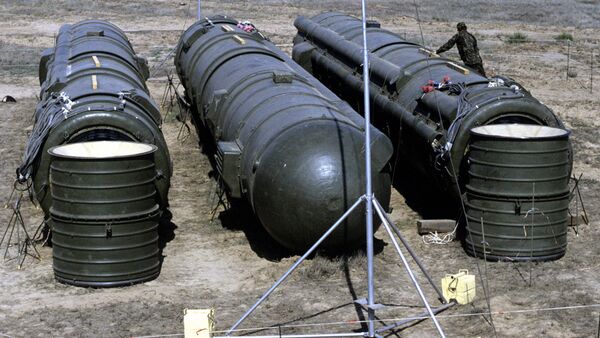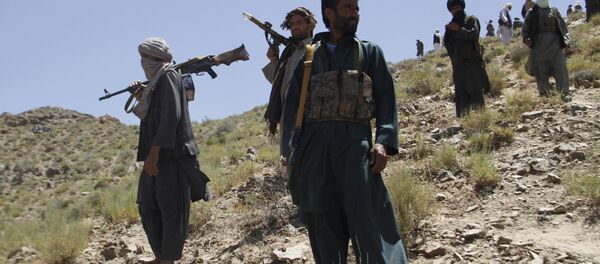"The statement has been adopted. It expresses support for this document, and at the same time expresses concern over a number of recent situations which suggest that the treaty is under threat. [Jeopardizing the agreement] does not benefit any party, neither Russia, nor the United States, as the main parties to the treaty, nor the world community, including the CSTO member-states," Russian Foreign Minister Sergei Lavrov said.
He also stressed, that no state is interested in undermining the INF.
The INF Treaty was signed by Mikhail Gorbachev and Ronald Reagan on December 8, 1987. It prohibits the development, deployment and testing of medium-range and shorter-range ballistic missiles and ground-launched cruise missiles. The sides also pledged to eliminate all launchers and ground-based missiles with a range of 500-5,500 kilometers. The United States and Russia have constantly accused each other of violating the treaty.
NATO Mission in Afghanistan's Lack of Transparency
"The most concerning development is that the terrorists have been creating strongholds in Afghanistan's northern provinces, close to the CSTO's area of responsibility… This is concerning. We can see that the NATO mission does not always act transparently," Larov said after the session of the CSTO Council of Foreign Ministers in Kazakhstan.
He also added that Russia supported direct dialogue with the Taliban and a political resolution to the crisis, provided that the members of the movement "abandon military methods of protecting their interests."
READ MORE: Russian Foreign Ministry Decries Reported Australian War Crimes in Afghanistan
The Russian foreign minister noted, however, that there has been no confirmation on the part of Taliban of a readiness for such dialogue.
"But we will continue our work, including [the activities] based on today's agreements by the CSTO foreign ministers… CSTO member states will continue coordinating their activities, including helping Tajikistan in strengthening its border [with Afghanistan]," Lavrov pointed out.




